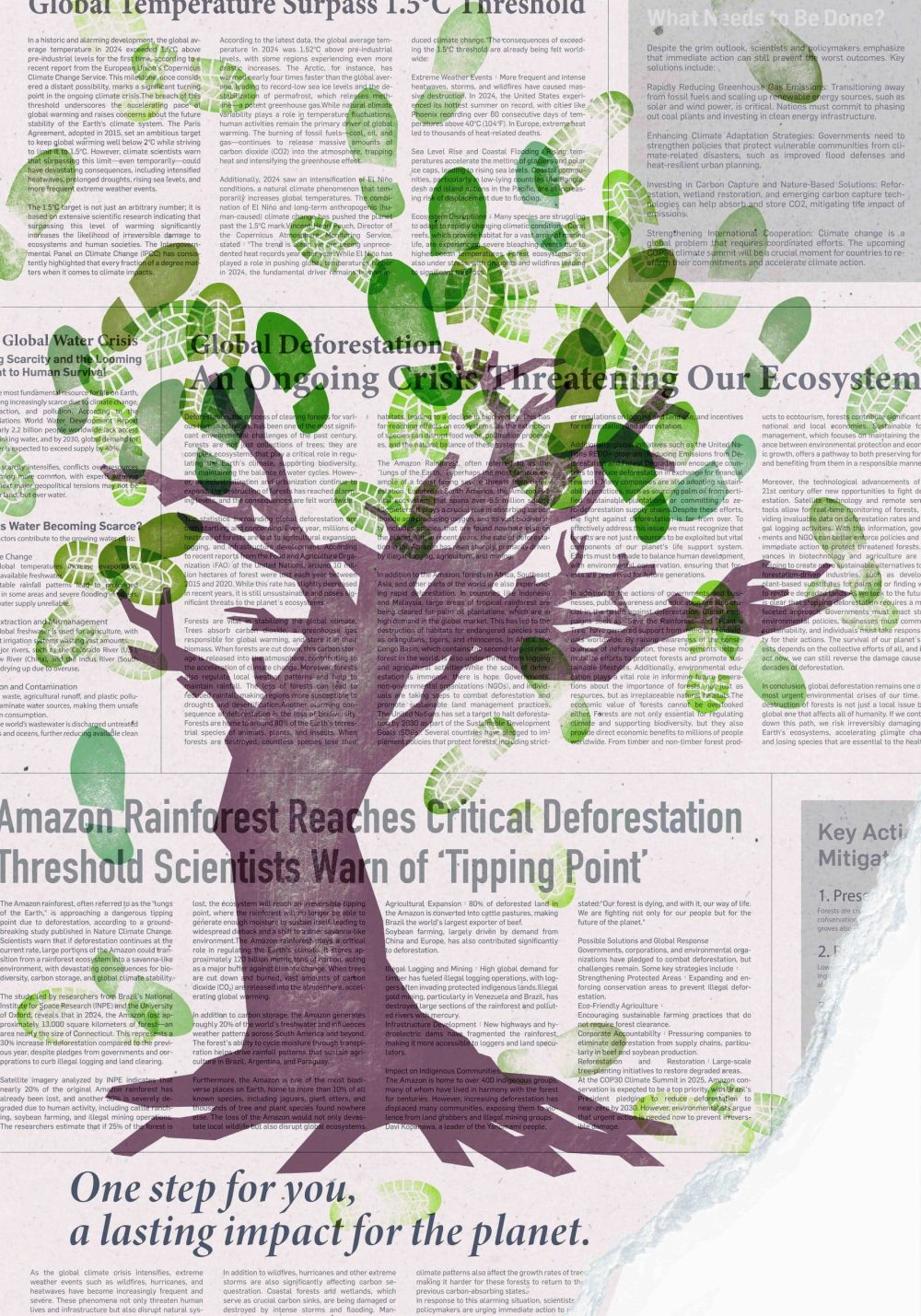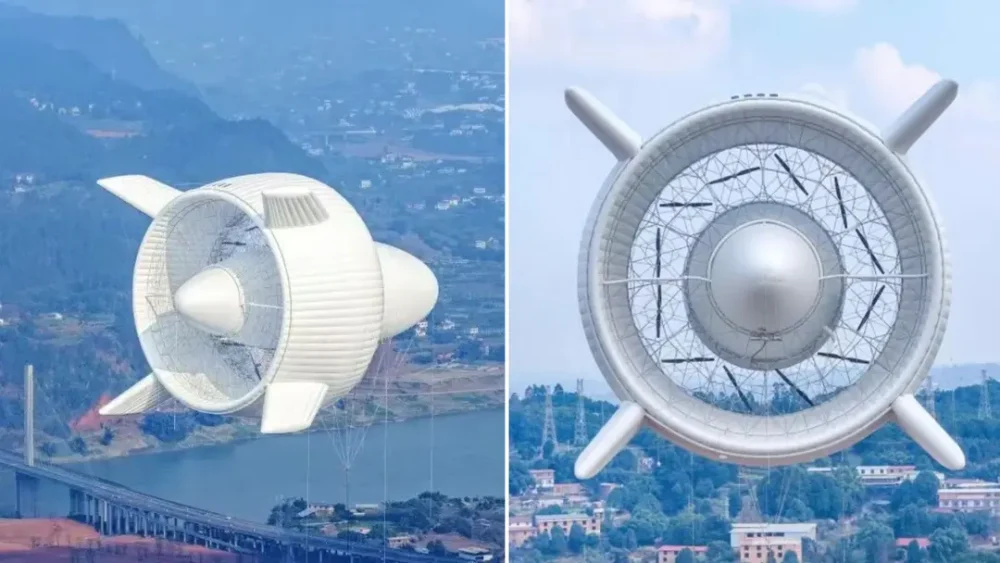Amazon founder Jeff Bezos has renewed his warning that Earth cannot sustain unlimited industrial growth, arguing that future factories, data centers, and other high-impact infrastructure will eventually need to move to the Moon or orbiting space habitats. The comments come as major technology companies accelerate plans to build off-planet computing and energy systems.
Bezos, who also founded the spaceflight company Blue Origin, has long promoted the idea that Earth should be preserved primarily for human life. Speaking at The New York Times’ DealBook Summit last year, he emphasized that despite improvements in global living standards, the natural environment remains under increasing strain. “Almost everything is better today than it was,” Bezos said at the time. “Except the environment… There is no Plan B. We have to save Earth.”
His proposed solution is not to slow innovation, but to relocate heavy industry, including energy-intensive manufacturing and digital infrastructure, into space. By operating in orbit or on the Moon, such facilities could tap the sun’s energy directly and reduce pressure on Earth’s limited resources.
The idea is gaining traction across the tech sector. Last week, Google unveiled Project Suncatcher, a research initiative exploring artificial intelligence data centers operating in orbit, where solar energy is abundant and cooling demands could potentially be lower. Other companies, including Starcloud, Lonestar Data Systems, and Axiom Space, are also investigating space-based computing and cloud infrastructure to support the rising energy requirements of AI and machine learning workloads.
While Google’s concept does not involve building server farms on the lunar surface, it aligns with a broader industry vision of shifting infrastructure beyond Earth as data demand climbs. The trend reflects growing concern that terrestrial grids, water supplies, and environmental systems may struggle to support the rapid expansion of AI and cloud computing.
Bezos sees space not only as a platform for industry but as a future home for expanding populations. Speaking at Italian Tech Week last month, he predicted that millions of people could be living in orbit by the 2040s, supported by advanced robotics and AI systems performing off-world labor. “In the next couple of decades, I believe there will be millions of people living in space,” he said, framing the vision as an expansion of human opportunity rather than an escape from a damaged planet.
Other tech leaders share similarly ambitious timelines. Elon Musk continues to target crewed missions to Mars for 2028, while companies such as Blue Origin and SpaceX race to build the rockets and habitats that could enable large-scale off-planet infrastructure.


